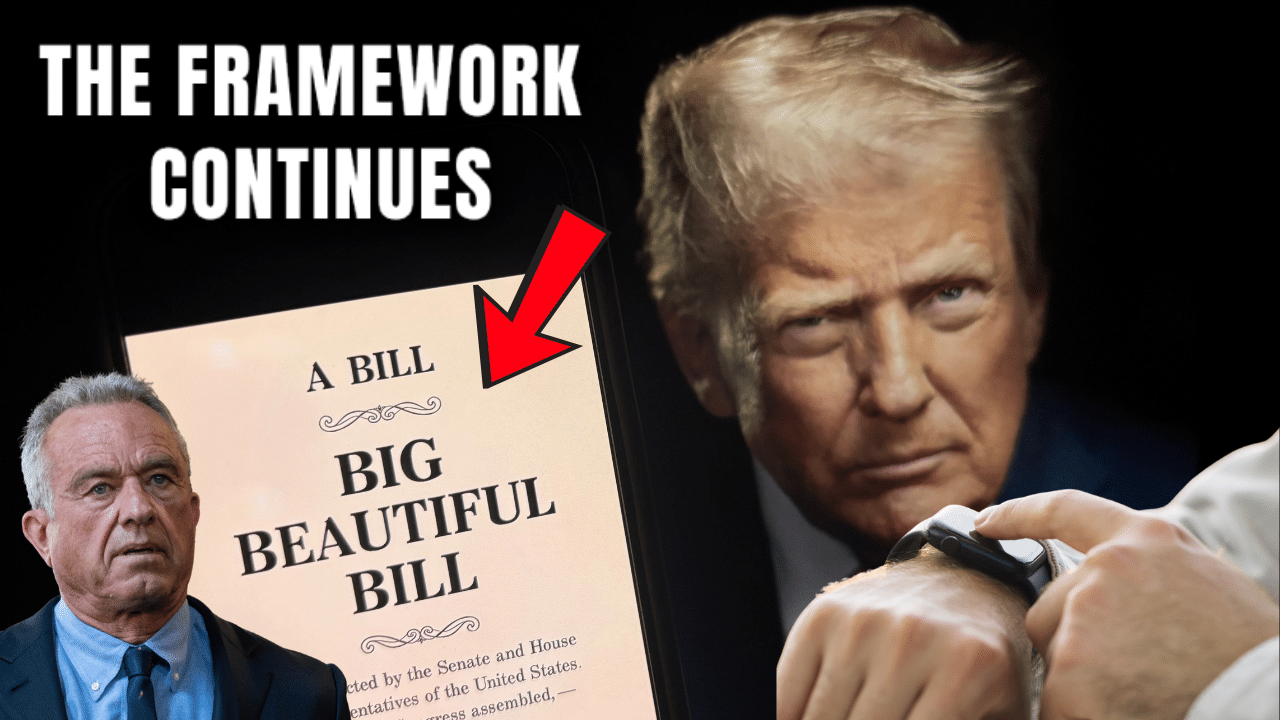European Union leaders gathered in Brussels today for an emergency summit to address the escalating crisis in Ukraine following U.S. President Donald Trump’s decision to suspend military and intelligence aid to Kyiv.
The move, announced earlier this week, has sent shockwaves through Europe, prompting urgent discussions on how the EU can bolster its own defenses and sustain support for Ukraine amid its ongoing war with Russia.
The summit, attended by Ukrainian President Volodymyr Zelensky, underscores a pivotal moment for European security as the continent grapples with the implications of waning U.S. backing.
The suspension of U.S. aid, which includes both military supplies and intelligence sharing, marks a dramatic shift in Washington’s stance on the Russia-Ukraine conflict.
According to Reuters, Trump’s decision came days after a contentious White House meeting with Zelensky on February 28, 2025, where the U.S. president accused the Ukrainian leader of being insufficiently grateful for past support.
Trump’s national security adviser, Mike Waltz, later clarified that the pause is intended to pressure Zelensky into peace negotiations with Russia, stating on Fox News, “We’re pausing and reviewing all aspects of this relationship until Kyiv shows it’s serious about talks on our terms” (Reuters, March 5, 2025).
The halt has already had tangible effects. A Ukrainian official, speaking anonymously to Reuters, noted that a large shipment of refurbished armored vehicles, due for delivery in mid-2025, remains in limbo at European depots.
CNN reported that Trump’s advisers see the suspension as a means to “strongarm Kyiv into peace negotiations” without offering security guarantees, a condition Zelensky has warned could be disastrous given Russia’s history of violating ceasefires .
In response, EU leaders launched what the BBC described as a “special council on defense” on March 6, 2025, to address Ukraine’s immediate needs and Europe’s long-term security.
French President Emmanuel Macron framed the moment as a “turning point in history,” urging unity among the 27-nation bloc (BBC, March 5, 2025). The Associated Press reported that the summit seeks to “beef up [Europe’s] own security and ensure that Ukraine will still be properly protected” in light of Trump’s actions.
European Commission President Ursula von der Leyen has proposed mobilizing up to 800 billion euros ($840 billion) for defense spending, a plan unveiled on March 4, 2025, according to Al Jazeera.
This funding could support member states in purchasing military equipment for themselves or Ukraine. However, Reuters highlighted potential obstacles, noting that Hungarian Prime Minister Viktor Orban—a Trump ally with ties to the Kremlin—may veto any unified EU stance on Ukraine aid. This internal division could undermine the bloc’s ability to act decisively.










